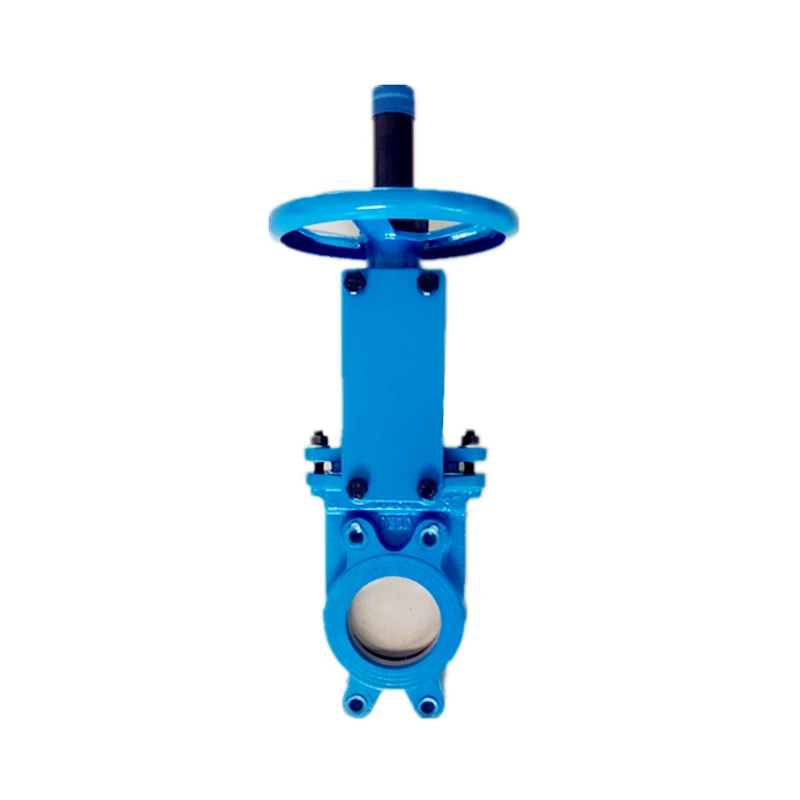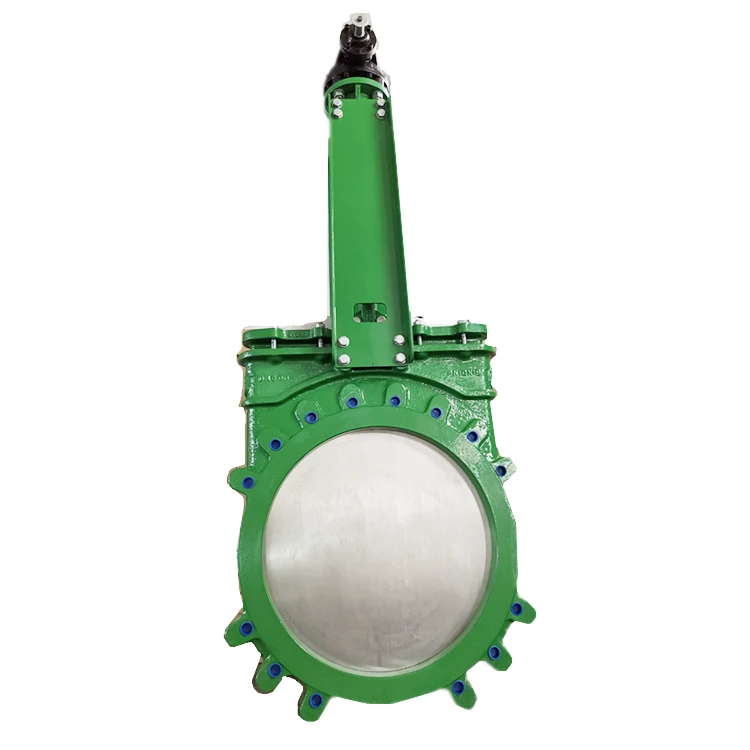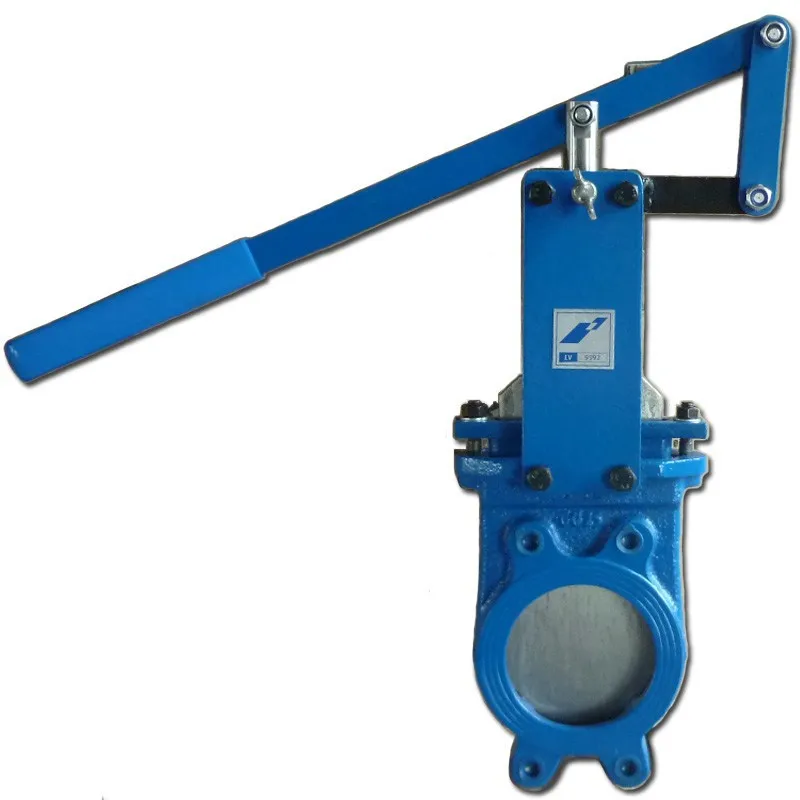Exploring Hilton Iron Isogate Jash and Keystone Knife Gate Valves
Key Takeaways
Knife gate valves serve critical roles in various industrial applications, allowing for the control of flow with minimal pressure drop. The Hilton knife gate valve brand is well-regarded for its robust construction and adaptability in different environments. Iron knife gate valves, known for their durability and strength, cater to high-pressure applications, making them suitable for handling slurries and viscous fluids. In contrast, Isogate knife gate valves offer unique design features that enhance their performance in demanding conditions, particularly in mining and wastewater sectors. Jash knife gate valves are appreciated for their reliability and ease of operation, meeting rigorous engineering standards across multiple industries. The Keystone knife gate valve catalogue presents a comprehensive range of options, detailing each valve's features to assist engineers in selecting the appropriate model for specific operational needs. Understanding these brands and their characteristics can guide professionals in making informed decisions that optimize workflow efficiency while ensuring robust performance.
Introduction to Knife Gate Valves: An Overview of Hilton, Iron, Isogate, Jash, and Keystone
Knife gate valves serve a crucial role in industrial applications, particularly where efficient flow control is required. These valves are designed for on-off service within various systems, capable of handling slurries and bulk materials. Among the notable brands in this field are Hilton, Iron, Isogate, Jash, and Keystone. Each brand offers distinct features that cater to specific operational needs.
Hilton knife gate valves are recognized for their durability and reliability. Constructed from robust materials, they can withstand demanding environments while maintaining optimal performance. The design focuses on minimizing the risk of leakage and ensuring smooth operation.
Iron knife gate valves, on the other hand, emphasize strength and resilience. They are engineered for high-pressure systems where robust performance is essential. The choice of materials often includes ductile iron and other alloys that promise excellent wear resistance.
Isogate knife gate valves differentiate themselves with innovative designs aimed at reducing the potential for solids accumulation within the valve body. This feature enhances the valve's operational lifespan, making it ideal for applications involving granular materials.
The Jash knife gate valve line offers versatility by providing options suitable for various industrial processes. A wide range of sizes and configurations is available to meet specific application demands effectively.
Lastly, the Keystone knife gate valve catalogue presents an array of products that combine efficiency with advanced technology. Keystone emphasizes ease of installation and maintenance across their product range.
This overview highlights the capabilities of these key players in the knife gate valve market while showcasing their unique strengths tailored to diverse industrial requirements. Understanding these differences aids in choosing the right valve for a given application, ensuring optimal system performance and reliability.
Key Features and Advantages of Hilton Knife Gate Valves
Hilton knife gate valves stand out in the industry due to their robust construction and reliable performance. Designed for effective isolation and flow control in various applications, these valves operate with a knife-like blade that slices through media, ensuring a tight seal. The body construction, often made from ductile iron or stainless steel, offers exceptional durability in demanding environments. An important feature is the self-aligning gate, which minimizes wear and extends the lifespan of the valve. This design also facilitates ease of operation, reducing the effort required to open or close the valve.
The versatility of Hilton knife gate valves allows for their use in a wide range of applications, including water treatment, sewage processing, and industrial processes involving slurries and solids. Their ability to handle abrasive materials without significant degradation makes them a superior choice. Additionally, these valves can be customized with various actuator options, making them suitable for automation requirements in modern systems.
Furthermore, maintenance is straightforward due to accessible components that allow for quick repairs or part replacements without extensive downtime. The innovative engineering behind Hilton knife gate valves contributes not only to their longevity but also to operational efficiency. As industries continue to demand higher performance from their equipment, these valves represent a reliable solution that combines functionality with strength, catering to both general and specialized needs in fluid management systems.
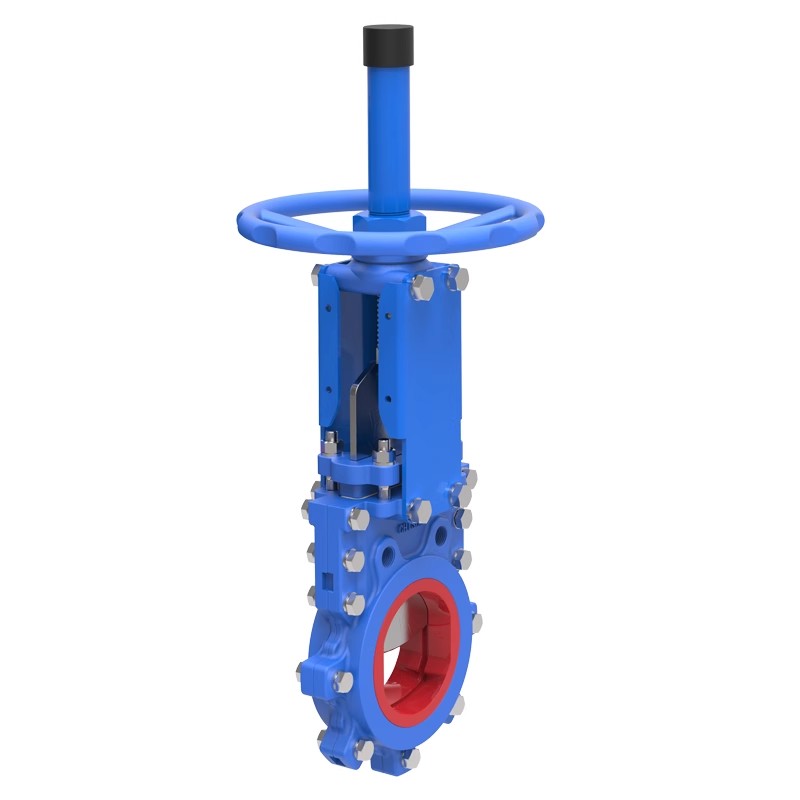
Comparing Iron and Isogate Knife Gate Valves: Applications and Performance
Iron and Isogate knife gate valves serve crucial roles in various industrial applications, and their unique characteristics cater to distinct operational needs. Iron knife gate valves are widely recognized for their durability and robustness, making them suitable for aggressive environments, such as wastewater treatment plants and heavy-duty mining processes. Their construction from cast or ductile iron provides excellent strength, allowing them to manage high-pressure systems effectively. The ability to handle viscous fluids with solid content also underscores their versatility in applications where reliability is paramount.
In contrast, Isogate knife gate valves are designed with innovative features that enhance their performance in specific applications. These valves are particularly effective in handling slurries and other abrasive materials due to their low-friction design, which reduces wear and tear over time. The integration of advanced sealing technologies contributes to a tighter shut-off, minimizing leakage in process lines. Isogate models are often chosen for industries including pulp and paper, mining, and chemical processing due to their ability to withstand challenging conditions while ensuring safe operation.
When evaluating performance differences, the choice between iron and Isogate models largely depends on the nature of the media being transported. For heavier slurry management tasks, Isogate knife gate valves often outperform traditional iron options thanks to their specialized design features aimed at optimizing fluid flow while maintaining structural integrity. Conversely, in scenarios requiring sheer strength against robust materials or high pressures, iron versions remain a staple due to their proven resilience.
Both valve types boast unique benefits that can significantly influence operational effectiveness within specific environments. Understanding these differences allows engineers to make informed decisions tailored to system requirements while optimizing maintenance protocols based on valve capabilities.
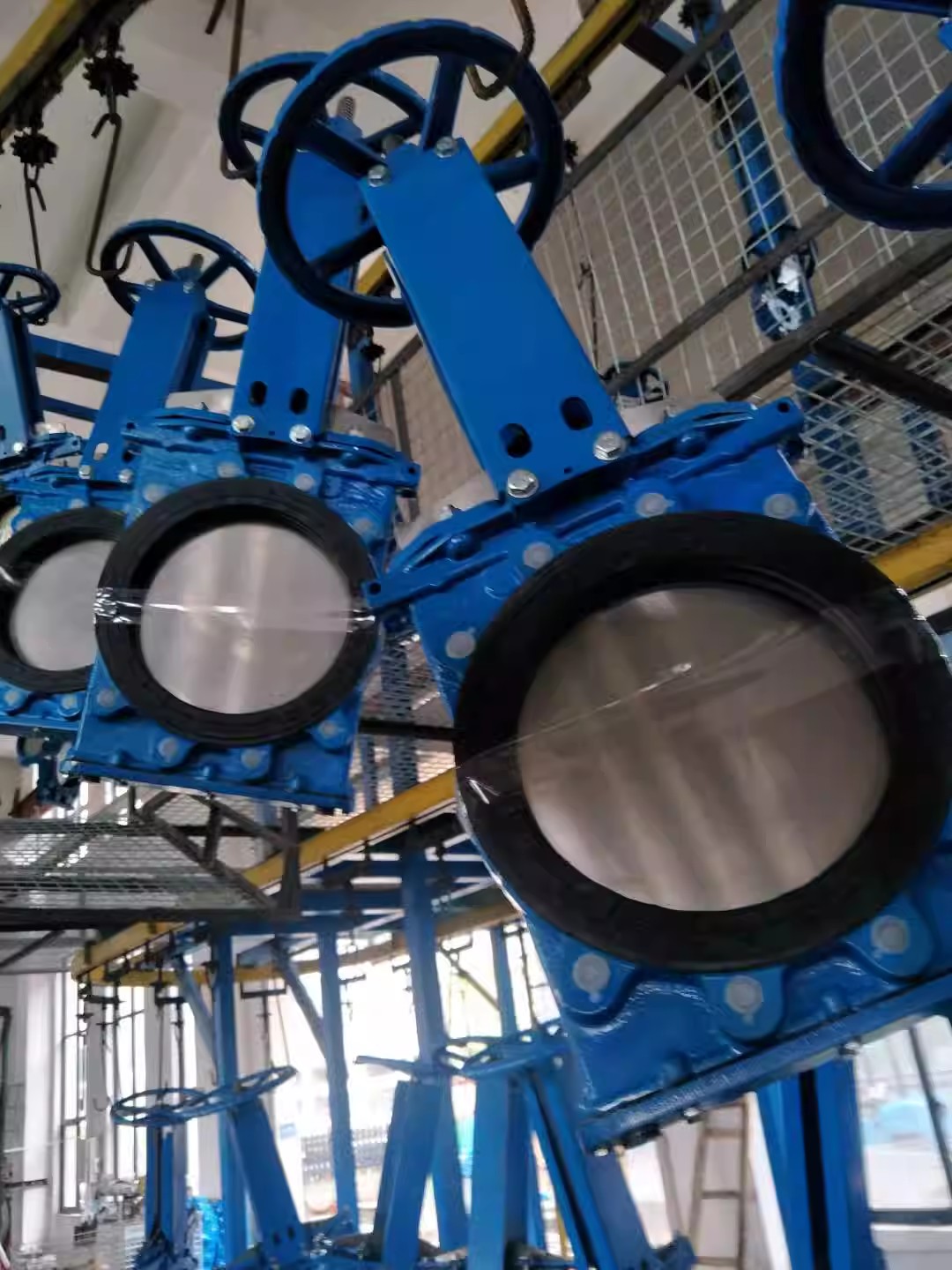
A Comprehensive Review of Jash and Keystone Knife Gate Valve Catalogues
The Jash and Keystone knife gate valves are recognized for their exceptional performance across various industrial applications. The Jash knife gate valves are engineered for reliability and efficiency, offering robust construction that withstands demanding environments. These valves typically feature an innovative design that facilitates ease of installation and maintenance, minimizing downtime during operations. Essential specifications in the Jash catalogue include different sizes and pressure ratings, suitable for diverse fluid handling requirements.
In contrast, the Keystone knife gate valve catalogue presents a comprehensive range of products that prioritize versatility and adaptability. Their design accommodates both manual and automated operations, catering to user preferences in process control settings. The catalogue outlines various materials available for construction, ensuring compatibility with numerous corrosive and abrasive media. Both Jash and Keystone products exhibit remarkable sealing capabilities, with some models incorporating advanced technologies that enhance performance parameters.
When assessing these catalogues, particular attention should be devoted to the unique features that distinguish each brand. Jash valves excel in simplicity and cost-effectiveness while not compromising on quality. Keystone's offerings emphasize advanced engineering solutions to optimize flow control efficiency in complex systems.
Through comparative analysis of these catalogues, users can identify suitable solutions tailored to specific application needs while capitalizing on innovations in valve technology. Each option presents a compelling case for durability and operation effectiveness in managing challenging fluid environments.
Conclusion
Knife gate valves serve crucial roles in various industries, from water treatment to pulp and paper, and a detailed understanding of the specific types enhances operational efficiency. Hilton knife gate valves are renowned for their robust design, ensuring reliable performance even in challenging environments. Their design facilitates smooth operation, making them suitable for bulk handling. Iron knife gate valves, on the other hand, provide durability and strength in heavier-duty applications. They withstand high pressures, making them ideal for demanding scenarios. Isogate knife gate valves offer a unique combination of light weight and high strength, engineered specifically for optimal flow control in abrasive media. They are widely recognized for their versatility across various sectors.
Jash knife gate valves present an innovative approach with a focus on both mechanical reliability and ease of maintenance. Their dual-sealing technology ensures a versatile solution for both slurry services and standard applications. Finally, Keystone knife gate valves provide a catalog of options that cater to diverse needs, allowing users to select designs that fit specific requirements based on flow characteristics and pressure ratings.
Evaluating the features of each valve type reveals significant insights into their applications across different industries. The comparative strengths noted in this section highlight the importance of selecting the appropriate valve type tailored to specific operational demands. This attention to detail not only enhances system performance but also ensures longevity and reliability in industrial processes.
FAQs
What are knife gate valves and their primary uses?
Knife gate valves are specialized valves designed for on-off service in applications involving slurries, thick fluids, and other solid-laden media. They provide a tight seal and are best suited for situations where full flow is necessary.
What distinguishes Hilton knife gate valves from others?
Hilton knife gate valves are known for their robust design, durability, and versatility. Their unique features include high operational efficiency, ease of maintenance, and suitability for various industrial applications.
How do Iron knife gate valves perform under different conditions?
Iron knife gate valves are recognized for their strength and resistance to wear and corrosion. They perform well in high-pressure systems and can handle abrasive materials effectively.
What makes Isogate knife gate valves a popular choice?
Isogate knife gate valves provide reliable sealing under high differential pressure conditions. Their design allows them to operate in demanding environments while minimizing the risk of leakage.
Can you provide insights on Jash knife gate valves?
Jash knife gate valves are appreciated for their versatility across different industries. They are designed to handle various media types efficiently while maintaining a robust sealing capability.
What features can be found in the Keystone knife gate valve catalogue?
The Keystone catalogue offers a comprehensive range of knife gate valve solutions tailored to meet specific industry needs. Features include varying sizes, materials, actuator options, and performance specifications suitable for diverse applications.
Are there specific industries that commonly use these types of valves?
Yes, industries such as waste water treatment, mining, pulp and paper manufacturing, and chemical processing frequently utilize knife gate valves, owing to their ability to manage difficult flow conditions effectively.

